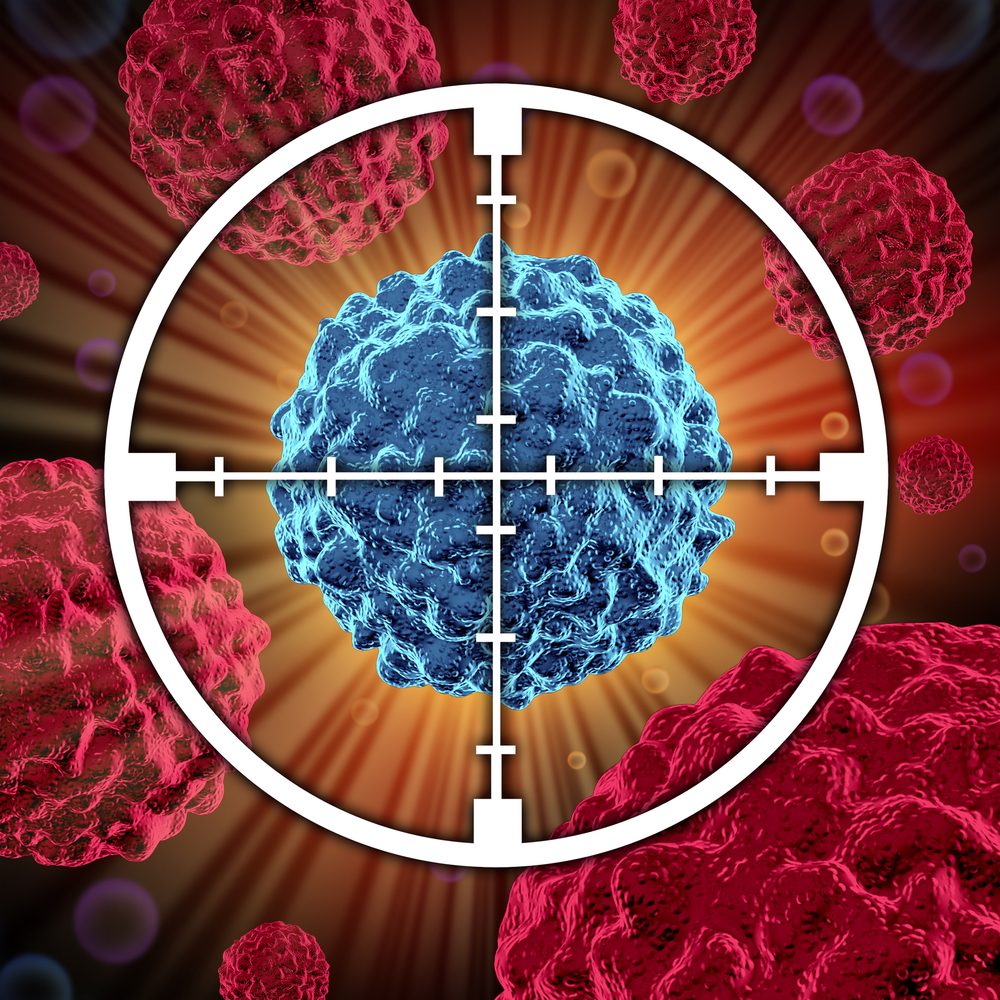Cynata’s Stem Cell Manufacturing Platform to Allow for Scalability of Harvard’s Modified Stem Cells
While methods for treating cancer have improved over the past decade, there remain limited techniques for addressing aggressive cancers, including those that cannot be surgically removed due to location or type. Cancers such as glioblastoma, the most common and aggressive type of brain tumour in adult humans, continue to produce high fatality rates. In addition, chemotherapy remains a widespread technique for killing or stopping cancer progression, despite its extremely harmful side effects. For this reason, cell therapies are now being explored for their potential to act as targeted cancer killing agents.
In exciting news announced October 14, 2015, the Australian regenerative medicine company Cynata Therapeutics has entered into a strategic partnership with Dr. Khalid Shah of Massachusetts General Hospital and Harvard Medical School. The collaboration will involve a process of modifying stem cells to target cancer, building on other clinical uses of unmodified stem cells.
Modified Mesenchymal Stem Cells to be Developed Using Cynata’s Proprietary Cymerus™ Technology
In news that made major headlines within U.S. and Australian markets, Cynata Therapeutics Ltd (ASX: CYP), announced that it has commenced a program to develop modified mesenchymal stem cells (MSCs) to treat cancer, using its proprietary Cymerus™ platform technology. The Cymerus™ technology utilizes induced pluripotent stem cells (iPSC) and a recently identified precursor cell, known as a mesenchymoangioblast (MCA), to achieve economic manufacture of cell therapy products, including mesenchymal stem cells (MSCs), at commercial scale. Importantly, the technology is capable of sourcing a nearly infinite number of cells from a single donor, thereby eliminating product variability and allowing for lower manufacturing costs.
This new program will support the company’s other ongoing commercial partnership discussions and development of the Company’s lead product, CYP-001, which continues to progress well. As part of this new collaboration, Cynata has entered into a collaborative agreement with Massachusetts General Hospital (MGH) in Boston, Massachusetts, USA, the first and largest teaching hospital of Harvard Medical School, to access leading-edge cell-modification technology developed under the direction of Dr. Khalid Shah.
Dr. Shah leads the Molecular Neurotherapy and Imaging Laboratory and is Director of the Stem Cell Therapeutics and Imaging Program at MGH. He is also an Associate Professor in Radiology and Neurology at Harvard Medical School, and a principal faculty member at the Harvard Stem Cell Institute.
Dr. Shah’s team in a very recent study reported establishing a process to modify stem cells within the laboratory, so that they secrete cancer-killing toxins. Importantly, they have also devised a process to engineer the stem cells so that they themselves are resistant to being killed by the toxins. The research team is now studying whether modified stem cells could facilitate delivery of purified cancer-killing toxins directly to the site of a tumour to more effectively treat cancers while minimizing side effects.
Dr. Shah previously led studies in which stem cells modified in this way were tested in a clinically relevant animal model of glioblastoma, the most common and aggressive type of brain tumour in adult humans. His team concluded that the treatment killed cancer cells and prolonged survival in preclinical studies. Dr Shah’s group will now investigate similar modification of mesenchymal stem cells (MSCs) produced using the Cymerus™ platform technology from Cynata Therapeutics.
“We are excited to work collaboratively with Cynata,” said Dr Shah. “Cynata’s Cymerus technology is perfectly suited to the manufacturing requirements of cell-based therapies given the fact that it produces a consistent and reliable product, which we can manufacture economically at scale. Cynata Managing Director and Chief Executive Officer, Dr Ross Macdonald, agreed by stating, “This new collaboration with one of the most prestigious and important medical centres in the world is a logical extension of our product development plans.”
About Cynata Therapeutics (ASX: CYP):
Cynata Therapeutics Ltd (ASX: CYP) is an Australian stem cell and regenerative medicine company that is developing a therapeutic stem cell platform technology, CymerusTM, originating from the University of Wisconsin-Madison, a world leader in stem cell research. The proprietary CymerusTM technology addresses a critical shortcoming in existing methods of production of mesenchymal stem cells (MSCs) for therapeutic use, which is the ability to achieve economic manufacture at commercial scale. CymerusTM does so through the production of a particular type of MSC precursor, called a mesenchymoangioblast (MCA). The CymerusTM MCA platform provides a source of MSCs that is independent of donor limitations and provides a potential “off-the-shelf” stem cell platform for therapeutic product use, with a pharmaceutical business model and economies of scale. This has the potential to create a new standard in the emergent arena of stem cell therapeutics and provides both a unique differentiator and an important competitive position.
CONTACTS:
Dr Ross Macdonald, CEO: Tel: 0412 119343; email [email protected]
Kirin Smith, Chief Operations Officer, Investor Contact, + 1 646-863-6519, [email protected]
Sean Leous, Chief Communications Officer, Media Contact, +1 646-863-8998, [email protected]
Emma Power, Monsoon, Australia Media Contact, 0419 149 525, [email protected]
Dr Stewart Washer, Executive Chairman: Tel: 0418 288212; email [email protected]




















Tell Us What You Think!